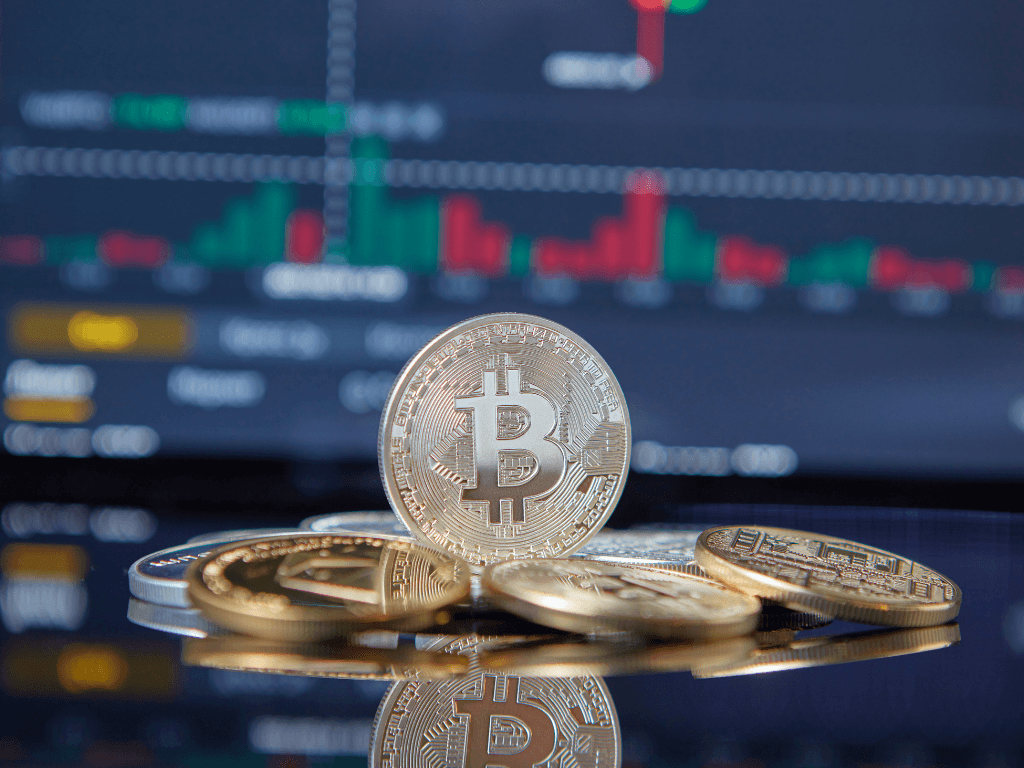Dubai is setting a global precedent by partnering with Crypto.com to enable cryptocurrency payments for government services, a move announced on May 12, 2025, at the Dubai FinTech Summit. This landmark agreement aligns with the emirate’s ambitious Dubai Cashless Strategy, aiming to make 90% of financial transactions cashless by 2026.
By integrating crypto payments into its digital infrastructure, Dubai is reinforcing its position as a crypto-friendly hub and a leader in financial innovation. Here’s an in-depth look at this groundbreaking initiative, its implications, and what it means for the future of digital payments.
A Pioneering Partnership with Crypto.com
The Dubai Department of Finance (DOF) has signed a Memorandum of Understanding (MoU) with Crypto.com, a globally recognized cryptocurrency platform licensed by Dubai’s Virtual Assets Regulatory Authority (VARA).
The agreement, which introduces a secure digital payment channel, was formalized in the presence of senior officials, including Abdulla Mohammed Al Basti, Secretary General of the Executive Council of Dubai, and Abdulrahman Saleh Al Saleh, Director General of DOF.
Individuals and businesses can use Crypto.com's digital wallets to pay government service fees once the technical integrations are complete. These payments will be converted into Emirati dirhams and transferred to DOF accounts, ensuring compliance and efficiency.
The rollout will occur in phases: pilot testing with select government entities in Q3 2025, full integration across payment portals by Q4 2025, and mobile app development for crypto tax payments by Q1 2026.
ALSO READ | Nvidia Stock Surges as Trump Seals Another AI Chip Deal with UAE.
Driving the Dubai Cashless Strategy
Launched in October 2024, the Dubai Cashless Strategy is a cornerstone of the Dubai Economic Agenda D33, which seeks to position the emirate as a global hub for business and innovation.
The DOF reported that 97% of government payments in 2023 were already digital, and the new partnership with Crypto.com is expected to accelerate the transition to a fully cashless society.
Amna Mohammed Lootah, Director of Digital Payment Systems Regulation, emphasized that the initiative will enable “more than 90% of financial transactions across both public and private sectors” to be cashless by 2026. The strategy is projected to add at least AED 8 billion ($2.2 billion) annually to Dubai’s economy by fostering fintech growth and streamlining transactions.

The agreement prioritizes “stable cryptocurrencies,” likely stablecoins, to minimize volatility. On April 28, 2025, Abu Dhabi institutions, including the emirate’s sovereign wealth fund, announced plans for a dirham-pegged stablecoin, which could play a role in this system.
Ahmad Ali Meftah, Executive Director of the Central Accounts Sector at DOF, noted that Dubai is developing a regulatory framework to balance innovation with security, ensuring robust anti-money laundering protocols.
Did You Know?
Dubai’s Virtual Assets Regulatory Authority (VARA), established in 2022, is the first independent regulator dedicated to virtual currencies and NFTs, attracting global crypto firms like Binance, which secured a $2 billion investment from Abu Dhabi’s MGX in March 2025.
Global First: Dubai’s Crypto-Friendly Vision
Hailed as a global first, Dubai's move integrates crypto payments directly into government infrastructure, unlike pilot programs in other jurisdictions.
The emirate’s crypto-friendly reputation is well-established, with events like Token2049 (April 30–May 1, 2025) and initiatives like the Dubai Blockchain Center underscoring its commitment.
Industry analysts predict a 300% increase in crypto adoption across Middle Eastern governments within two years, potentially attracting $2.5 billion in blockchain investments by 2026.
This initiative follows Dubai’s broader blockchain adoption, including a March 2025 pilot to tokenize real estate assets. Other regions, like New York, have proposed similar crypto payment legislation, but Dubai’s comprehensive approach sets it apart.
The partnership with Crypto.com, which received a Dubai license in 2023, builds on the emirate’s progressive policies, such as tax exemptions for crypto activities in free trade zones since 2021.
ALSO READ | OpenAI’s Massive Abu Dhabi Data Center: A Game-Changer Bigger Than Monaco
Economic and Global Implications
The partnership with Crypto.com has the potential to boost Dubai's fintech industry, fostering innovation and stimulating economic expansion. Eric Anziani, Crypto.com’s president and COO, praised Dubai’s “true global visionary” approach, noting the agreement’s role in delivering “the first comprehensive and holistic government-wide implementation of payment digitization.” The initiative could inspire other governments, suggesting Dubai is positioning itself as the “crypto capital of the world.”
However, challenges remain, including finalizing technical integrations and ensuring regulatory compliance. The DOF’s focus on stablecoins and secure conversions aims to address volatility and security concerns.


Comments (0)
Please sign in to leave a comment